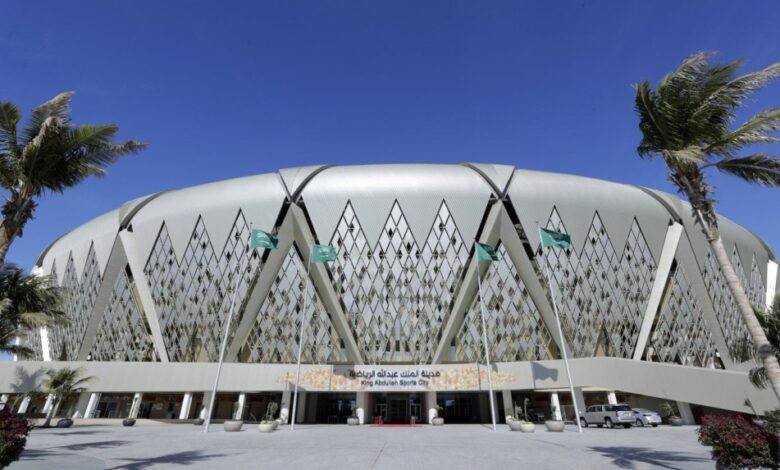Experts say Saudi Arabia World Cup bad for climate

Saudi Arabia’s Plans for Hosting the 2034 World Cup
Saudi Arabia has recently been announced as the host of the 2034 World Cup in men’s soccer. This decision comes with grand plans for the construction and renovation of 15 stadiums, the creation of a futuristic city, and the expansion of airports to accommodate the millions of athletes, coaches, and spectators that will attend the event.
However, concerns have been raised about the environmental impact of such a massive buildout. The construction process will emit a significant amount of greenhouse gases, contribute to global warming, and use up scarce resources. Experts like Andrew Zimbalist and Seth Warren Rose have criticized the decision, citing the wastefulness of the project and its potential harm to the environment.
Seth Warren Rose emphasized the urgency of addressing climate change and urged organizers to make genuine efforts to reduce emissions or reconsider hosting the event altogether. The reliance on concrete and steel in the construction process is a major concern, as these materials are significant contributors to carbon emissions.
Despite these challenges, Saudi Arabia has outlined sustainability initiatives in its bid book for the event. Plans include running stadiums on clean electricity, using energy-efficient ventilation and shading, and implementing green building standards. However, the sheer scale of the project raises concerns about its carbon footprint.
Critics have also pointed out the potential impact on migrant workers and human rights issues in Saudi Arabia. The nation’s Vision 2030 strategic plan, aimed at diversifying the economy and unlocking new business opportunities, is closely tied to the World Cup plans.
In contrast, the organizers of the upcoming Paris Olympics have made significant efforts to reduce their carbon footprint through renewable energy, recycled materials, and sustainable practices. The comparison highlights the importance of prioritizing environmental sustainability in major sporting events.
The decision to award the 2034 World Cup to Saudi Arabia has sparked debates about FIFA’s bid process and the environmental consequences of hosting such events. While the Saudi bid was the only one in a fast-tracked process, concerns remain about the long-term impact of the project on the environment.
Looking ahead, it will be crucial for Saudi Arabia to follow through on its sustainability initiatives and mitigate the environmental impact of hosting the World Cup. The success of the event will depend on the nation’s ability to address these challenges and set a positive example for future sporting events.




